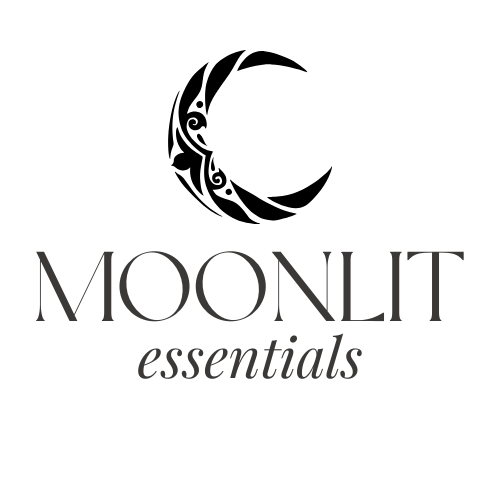COVID-19 and a New Way to Be Happy
In SF Gate – On March 16, 2020
By Deepak Chopra, MD
Diseases point the way to the future if we pay attention. This holds especially true of the global outbreak of coronavirus COVID-19. It is clear that some important lessons have emerged already. Some of these are obvious because they are so visible: Uncertainty is a major cause of panic. No one could miss that lesson. Economies reflect mass psychology. This lesson follows from the first, because the plunge in worldwide markets has been driven by uncertainty.
But if you look a bit deeper, COVID-19 exposes a need to take human well-being more seriously. The great push to create a welfare state is around a century old, and certain countries like Sweden and Denmark went much further than the United States. But even in places where democratic socialism won the day, true human welfare wasn’t addressed. The basic right to have guaranteed housing medicine, and education—the cornerstones of the modern welfare state—treat people as economic units.
Actual well-being looks very different. Its hallmarks are community and mutual support, valuing happiness as essential to human life, affording lifelong good health, living in an environment with pure air and water, a lack of violence with a necessary emphasis on peace, equal acceptance for all, and the abolition of us-versus-them thinking of the kind that builds barriers of every kind.
When you list these ingredients in one place, it becomes painfully clear that a welfare state is far from being a well-being state. COVID-19 exposed how insecure most people actually feel, to the point that the real pandemic is fear, not the virus. It has been largely futile to spread actual facts in the face of the mass fear that social media and 24/7 news incite so easily. The people who are chiefly at risk of dying from the virus as the elderly and disadvantaged, two groups likely to have compromised immune systems or underlying chronic medical conditions.
For everyone else, standard prevention is the best recourse, with the additional advice not to go on extended planes trips or a cruise ship if you are already at risk. But such sensible medical advice is being drowned out. Moreover, the recent tendency toward authoritarian reactionary leadership has exposed that such leaders have a shocking lack of interest in anyone’s welfare but their own and the privileged class they belong to and protect.
COVID-19 has made people aware at some level that that their well-being is of little interest to the leaders they elect. But the underlying issue is that the wellness movement hasn’t caught on even to the extent that the average person knows how to be well, secure, happy, and self-sufficient for life. I mean this in personal terms, not economic ones. The average person is so fixated on holding a job and the price of gas that it seems like fantasy to talk about a fulfilling job and the price of unhappiness.
We need a new way to be happy based on well-being. To instigate such a radical shift has already begun—the wellness movement is here to stay. Global warming, despite reactionary resistance, has already alerted the world that any solution must be global. Nationalism only makes the problem worse. Sectarian violence, terrorism, and civil unrest are pointless (as they always have been) if you and the person you hate are both under the same climate threat.
If the progressive wing in politics really values well-being, it should propose a secretary position in the cabinet to boost everything that well-being stands for. If that proposal sounds too ideal or even foolish, then you might look in the mirror and ask what your own happiness is based on. If it is based on money, status, possessions, and lifelong consumerism, you need to wake up. Those have been the normal standards of happiness for a long time, but they have led to gross income disparity, a huge carbon footprint, a pitiful level of well-being for the world’s under-privileged, an ingrained prejudice against the poor and anyone “not like us,” and a society in which, beyond our immediate family and friends, all of us feel like strangers in a strange land.
COVID-19 has brought the situation under a glaring spotlight. If the past is prologue, the immediate reflex will not be positive—stores will be cleaned out of essential products when the right thing to do is to share these products, not hoard them. Rumor, gossip, and absurd untruths will block sensible advice, correct facts, and a healthy caution toward the outbreak.
But for all that, COVID-19 implies a new future and makes it more urgent. Passivity and inertia are no longer affordable. We’ve all booked passage on cruise ship Earth. There’s nowhere anyone can disembark, and all the passengers, including the ones in first class, are literally in the same boat. Only a new way to find happiness, based on a global self-care movements and personal well-being to replace empty consumerism and mass distractions, has any hope of leading to a better future. Consider this as seriously as you can, and make your own well-being the start of global wellness.





Leave A Comment